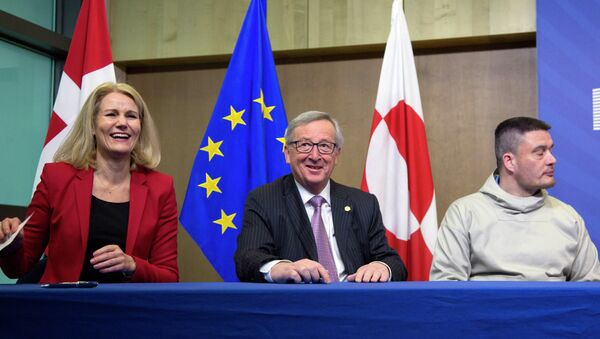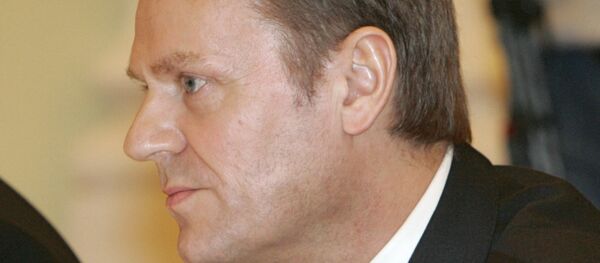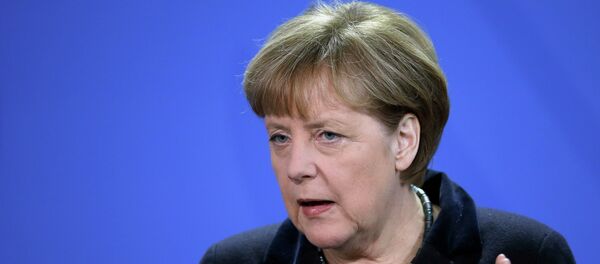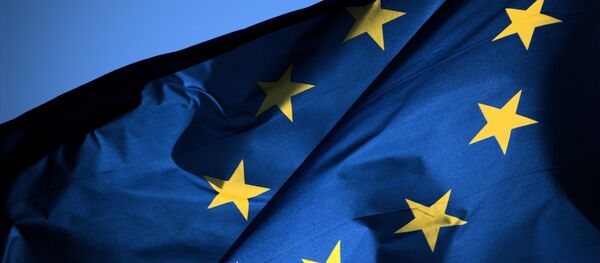In an interview with the Zeit newspaper, European Parliament President Martin Schulz, of Germany, warned the 28-nation union against splitting over their stance on Russia, as the EU appears to be cracking at the seams.
"We must stand united against [Russian President Vladimir] Putin's attempt to split the EU and to influence it from the inside," Schulz said, citing France's Front National, a right-wing party which he said is seeking Putin's backing. The EU parliament chief blamed the divide on Russia's effective media campaign.
Speaking ahead of the EU summit, German Chancellor Angela Merkel linked the lifting of sanctions to the implementation of the ceasefire deal in Ukraine, agreed on by Russia, Ukraine and two EU leaders in Belarus in February.
According to France's Les Echos newspaper, the ceasefire in eastern Ukraine has prompted Italy and Spain to call for an end to anti-Russia sanctions, while the United Kingdom and United States are urging to prolong them.
The Telegraph confirmed on Thursday that the European Union appears to be split on whether to ease anti-Russia sanctions, with Britain being among the so-called hawks who want the sanctions to stay in place for effectively another year. The economic batch of sanctions was declared in July 2014.
Ties between Russia and the European Union have soured over the past year after Brussels introduced several rounds of sanctions against Moscow over its alleged interference in the Ukraine crisis.
This move has created a rift in the European Union, with officials in Slovakia, Hungary and the Czech Republic voicing their skepticism of its efficiency.




